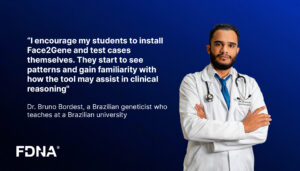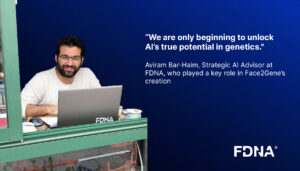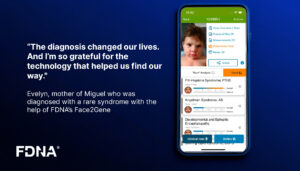24 April 2018
VOGUE
“In the future, your face could unlock a whole lot more than just your PIN. Medical research is now so advanced that machines such as Face2Gene claim to be able to diagnose up to 4,000 rare genetic conditions just by analyzing your face. And even beyond the medical, some claim that computers can also now make an attempt at knowing whether you’re gay, straight, and even how you vote. Researchers at Stanford University found that when shown pictures of one gay man and one straight man, humans guessed correctly 61 percent of the time; the computers scored 81 percent – but some say the algorithms are still a long way off being usable.”
The British Vogue article explores how facial recognition technology and social media have elevated the significance of our physical appearances. One key aspect highlighted is Face2Gene, a clinical facial analysis tool used by medical professionals to diagnose genetic conditions based on facial features. This technology exemplifies the growing intersection of artificial intelligence and healthcare. The article highlights the dual impact of facial recognition, as it shapes our healthcare and social interactions, potentially redefining identity and privacy in the digital age.


